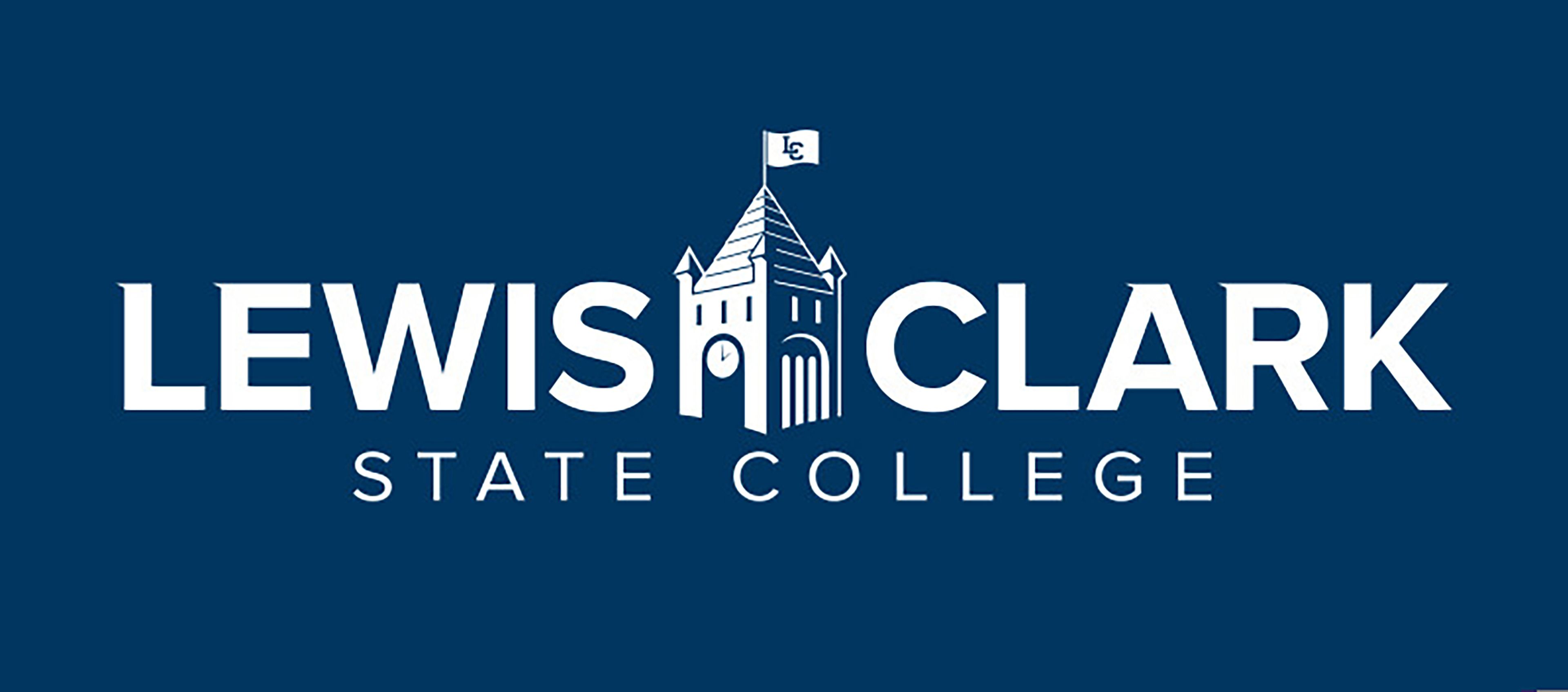Tiny home village lease will go before Lewiston council
LC Valley Youth Resource Center wants to build housing units for at-risk young adults at city property in east Lewiston; some neighbors are objecting
A proposed lease that’s a key step in creating a tiny home village for young adults at risk of being homeless will go before the Lewiston City Council on Monday evening.
The LC Valley Youth Resource Center would lease the 0.37 acres for $100 annually for 50 years on vacant land that used to be a city park, according to the lease that’s part of the city council agenda packet.
“The sole purpose of this lease is for the (LC Valley Youth Resource Center) to develop, operate and maintain a transitional housing village development on the premises,” according to the lease.
Backers and opponents of the proposed 12 housing units at 2207 E. Main St. are rallying people to attend the 6 p.m. Monday meeting at the Lewiston City Library, 411 D St.
Supporters of the project have previously stated it’s urgently needed. Opponents of the housing have stated that, while they agree with the plan’s goals, they believe the needs of their neighborhood where it would be located are being ignored.
They unsuccessfully tried to convince Lewiston’s Planning & Zoning Commission not to approve a conditional use permit for it in the M-1, or light industrial zone, and then appealed the commission’s decision to the city council.
The council narrowly voted not to weigh in on the commission’s decision and, at this stage, opponents of the village haven’t appealed the city council’s action, said Linda Glines, who filed the appeal that was accompanied by more than 50 signatures.
Children in foster care or using the free, overnight housing the LC Valley Youth Resource Center provides for children between the ages of 12 and 17 years old have no place to go when they turn 18 years old, said Michelle King, a founder of the not-for-profit center.
Many of those young adults, who are survivors of child abuse or neglect, are still finishing high school when they age out of the center or foster care, she said.
Typically they haven’t yet completed training for full-time jobs lucrative enough to pay for necessities such as food, housing and medical care, King said.
At the same time, supporters of the tiny home village are worried about delaying the transaction too long, she said.
The tiny home village would occupy the leased city land as well as the present Twin County United Way office property. The office would be remodeled into a community room for the village.
The deal to buy that property has been extended multiple times, King said.
The LC Valley Youth Resource Center has raised about $1.1 million of the estimated $2.4 million the village would cost to construct and it expects the pace of donations will accelerate once the land for it is secure, she said.
Opponents of the tiny home village have a different thought about the best use of the property, Glines said.
Their first choice is having the city property in the proposed lease be turned back into a park, she said.
Since that seems unlikely, their second choice is having it surplused and sold at auction to the highest bidder, Glines said.
The property is better suited to a number of purposes such as a drive-through coffee shop or expansions of nearby businesses, she said.
At the same time, she has worries about a number of the details in the proposed lease, such as the absence of language that restricts the use of the village’s housing to 18-, 19- and 20-year-olds as proposed by the LC Valley Youth Resource Center.
That restriction isn’t in the lease because it’s specified in the conditional use permit, King said.
Glines acknowledged that was the case, but said she’s still worried about the possibility of King’s group having the language revised in the conditional use permit.
That concern, Glines said, is amplified by a council meeting agenda item summary that states if the property sold, the lease would transfer to the new owner, “who would be bound by its terms and conditions.”
The summary continues stating “the city’s only obligation would be to transfer any rents received to the new owner for the remaining lease term.”
The plans of the LC Valley Youth Resource Center coincide with a time when the residential area that surrounds the proposed tiny home village is experiencing a revitalization, Glines said.
For the last two years, the neighborhood has been crime and drug free after a long period where residents often had tools or other items stolen if they were left outside even for short periods of time, Glines said.
“The biggest fear is this is going to be a huge setback for the neighborhood,” she said.
Williams may be contacted at ewilliam@lmtribune.com or (208) 848-2261.









